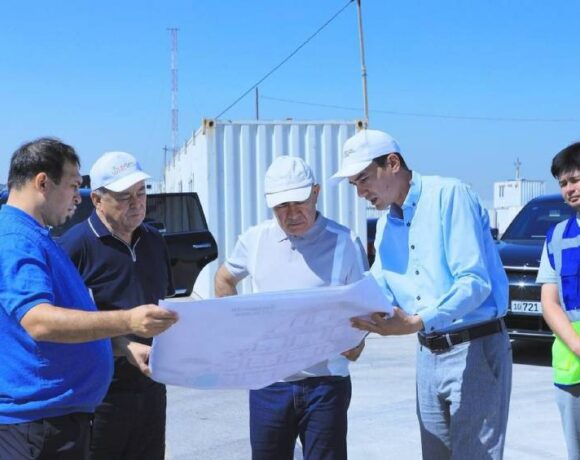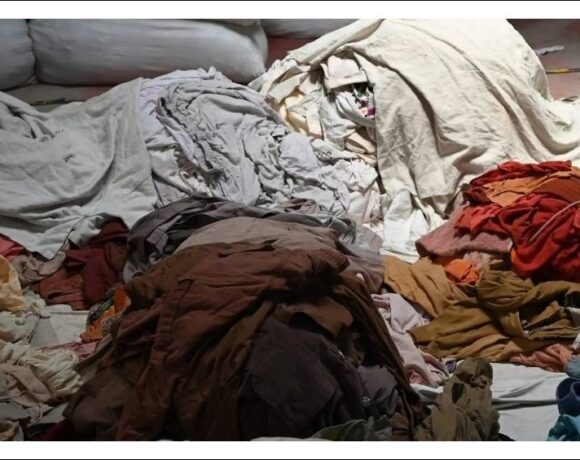Senegal Plans Textile Boost, Limits Second-Hand Imports

Senegal is taking significant steps to promote local textile production, increase employment, and reduce reliance on imported materials. The government plans to achieve these goals by rehabilitating existing factories and establishing new production facilities to process Senegal’s cotton—currently one of its top agricultural export commodities. These initiatives are expected to strengthen the national economy and encourage local consumption of domestically produced garments.
Minister Diop highlighted that the influx of second-hand clothing has suppressed the local market, making it difficult for Senegalese-made textiles to compete. By gradually phasing out these imports, the government aims to create new opportunities for local producers and attract investments into the textile sector. Partnerships, such as those established through Germany’s Invest for Jobs program, play a crucial role in this transformation by focusing on job creation and capacity building within key sectors.
While the policy shift has sparked concerns about its potential economic and social impacts, particularly for those reliant on affordable second-hand clothing, the government is committed to implementing a balanced approach. This includes providing the necessary infrastructure and support to ensure the local textile industry can thrive before making any drastic changes.
In the long term, Senegal aspires to position itself as a leader in sustainable textile production in West Africa. By prioritizing value addition and reducing dependency on imported finished goods, the country aims to build a resilient and competitive textile industry.














